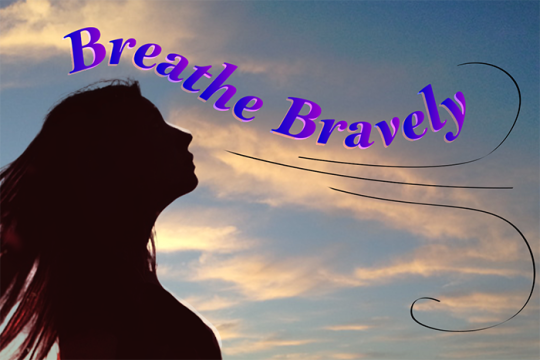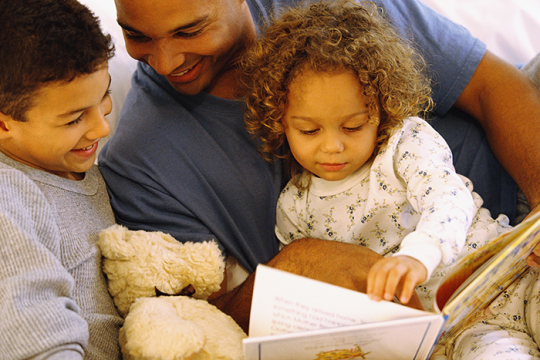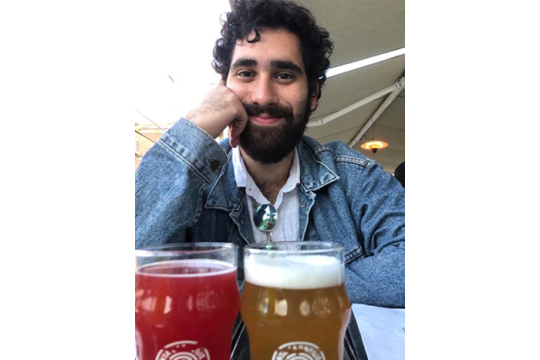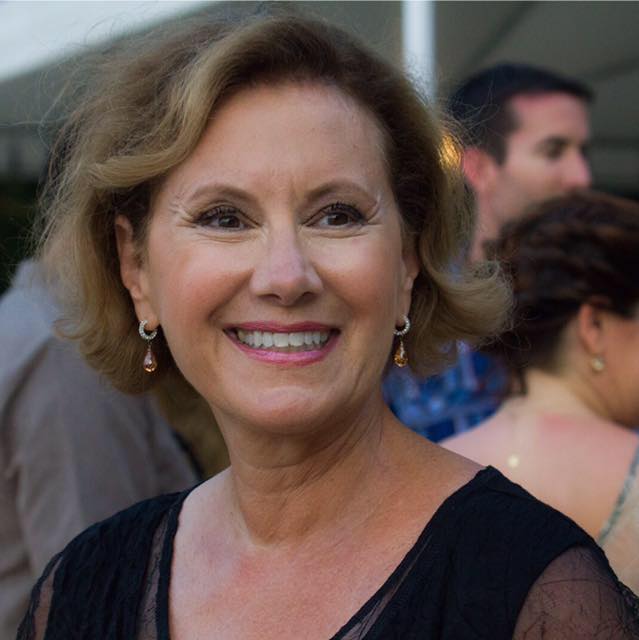
Our world as we knew it has abruptly changed.
It seem like just days ago that I was following my normal routine while also nervously watching reports of the coronavirus (COVID-19 c) pandemic throughout the world. Then the news hit home when I found out that my county had been declared an epicenter of the virus in my state.
Like dominoes falling, events were canceled one by one. Schools closed, as did recreation centers, libraries restaurants, and other businesses. I was saddened but not surprised to receive an email from my congregation that it too was shuttering for now.
To say that Beth David Reform Congregation is my second home is not hyperbole. For more than 30 years, my husband and I have been active members.
Recently, I volunteered with our temple sisterhood to pack and deliver mishloach manot (Purim gift baskets) to our congregants’ homes. Our rabbi and I had spent months planning the upcoming Refugee Shabbat. I was looking forward to celebrating with a bar mitzvah family on Saturday, representing the Board of Trustees on the bimah. And our cantor and I were comparing notes for the upcoming Commission on Social Action meeting in San Antonio, TX.
Most disconcerting of all, though, was the realization that Shabbat services would be canceled, too.
My husband and I have been “Shabbatniks” for many years, finding deep meaning in welcoming Shabbat with prayer and song in the company of friends and fellow congregants. It is a cherished time of our week when we can be together as a couple, listening to our rabbi’s uplifting words and our cantor’s beautiful voice and feeling grateful to be part of this community. The glow of the Shabbat candles warms me, infuses me, and sustains me throughout the week.
That’s why, when a second congregational email arrived to inform us that Shabbat services would instead be offered online, we were delighted that our weekly ritual could continue in an alternate form.
Instead of walking into Beth David’s sanctuary and settling into the wooden pews, my husband and I perched next to each other in front of my MacBook Air and logged onto Zoom, a video conferencing tool.
There was Rabbi Beth Kalisch in her living room and Cantor Lauren Goodlev in hers, holding a guitar and one of her babies. There were almost 30 participants, a great turnout for this Shabbat experiment – and I later learned that 500 people watched from our Facebook page, a record Shabbat attendance for our congregation.
The service began in its familiar, lovely way, with our rabbi asking us to share something sweet from the week. After we all got the hang of remembering to unmute our microphones, we shared news about children, grandchildren, trips we had taken or planned, and our recent, in-person Purim-spiel.
We said the Sh’ma together, not hearing everyone’s voice but seeing their lips moving. We prayed with V’shamru, Mi Chamocha, and all the other prayers from our Shabbat service.
Our rabbi’s sermon explained the weekly Torah portion and related it to our present-day experiences, giving us context for understanding the relevance to modern day lives.
When to the time came to say Mi Shebeirach, the Jewish prayer for healing, some of us unmuted ourselves to share names of those in need of healing. Rabbi Kalisch read the yahrzeit list, and those of us observing a yahrzeit stood.
When our virtual service ended, we all wished each other a “Shabbat Shalom.” It felt so good to be together and to experience community, even in cyberspace.
How wonderful that technology gives us an opportunity to experience Shabbat as a congregation despite being physically apart. Social distancing exacerbates a sense of loneliness and fear, but celebrating Shabbat together helped to lessen the anxiety about our current circumstances.
As our rabbi told us: We’ve gotten through hard times before, and together, we will get through this, too.
See "How to Create a Meaningful Shabbat Experience at Home" for additional ideas to help make this time at home Jewishly meaningful.
Related Posts

Breathe Bravely

The Importance of Storytelling


